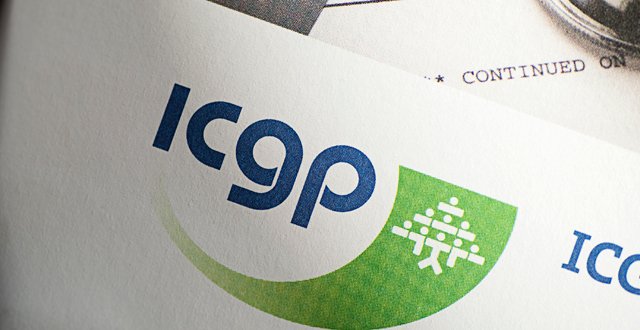Trainees have expressed concerns that small group sizes will potentially increase under plans to remodel the existing 14 schemes into six programmes and 12 educational sites.
They are also concerned that non-GP clinical educators will be hired for educational roles currently undertaken by GPs. The roles of programme director and assistant programme director will be reduced and reconfigured under the plans, it is understood.
However, Mr Foy told <strong><em>MI</em></strong> that “you will still have GPs delivering all the key aspects of GP training… that is not going to change. And again, why would we change it? We are not going to change the parts of it that are working very well. No board is going to sign-off on something that is going to dumb-down GP training.”
The controversial heads of agreement were signed by the HSE and ICGP in summer 2016, before Mr Foy was in post. The transfer terms involve the budget for training delivery reducing from around €11 million to €7.8 million (as applied to a trainee intake of 172).
Mr Foy said the funding reduction would largely involve ‘savings’. “It is not a cut, it is better utilisation of the funds that are available,” outlined the CEO during an interview at Lincoln Place, with the College’s media advisor also present.
On small group learning, Mr Foy commented: “We have been able to manoeuvre the content and the funding in such a way to ensure that even when we have 240 trainees, we have small groups of between 12 and 14.”
Mr Foy acknowledged that the trainees on the College’s transfer implementation committee had resigned, having cited a range of concerns to the Board. He said: “We are doing absolutely everything in our power to get them back on board and I’d be pretty convinced we will.”
Currently, the ICGP is responsible for trainee recruitment and quality standards, but financial, structural and administrative aspects are managed by the HSE.
<strong><em>See feature, pages 4-5</em></strong>













Leave a Reply
You must be logged in to post a comment.